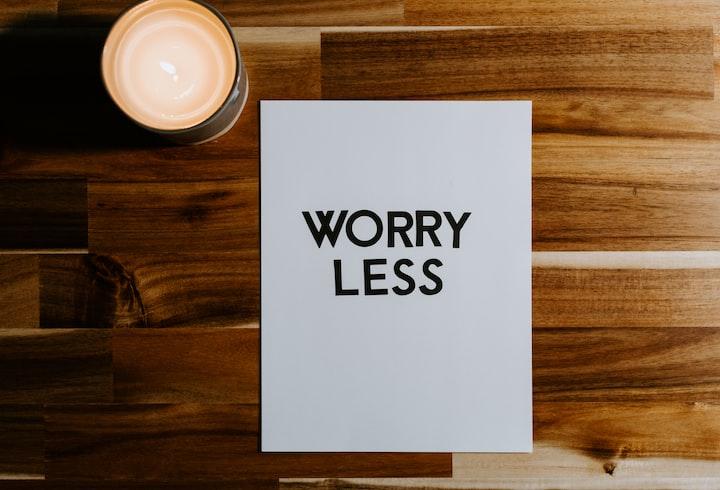The 8 Most Common Causes of Anxiety
Anxiety is a normal human emotion that we all experience at one point or another. It is the body’s natural response to stress, and it can be useful in certain situations. For example, if you are about to take a final exam, anxiety can help you focus and prepare yourself. However, when anxiety becomes excessive and persistent, it can interfere with your daily life and cause significant distress. There are many different types of anxiety disorders, each with its own unique set of symptoms. The most common include generalized anxiety disorder (GAD), social anxiety disorder (SAD), panic disorder, agoraphobia, specific phobias (such as fear of flying or heights), and post-traumatic stress disorder (PTSD). While the exact causes of anxiety disorders are not fully understood, there are several risk factors that have been identified. These include genetics, brain chemistry, personality type, and stressful life events. Treatment for anxiety usually involves counseling or therapy to learn healthy coping mechanisms as well as medication in some cases.
Read More »The 8 Most Common Causes of Anxiety






